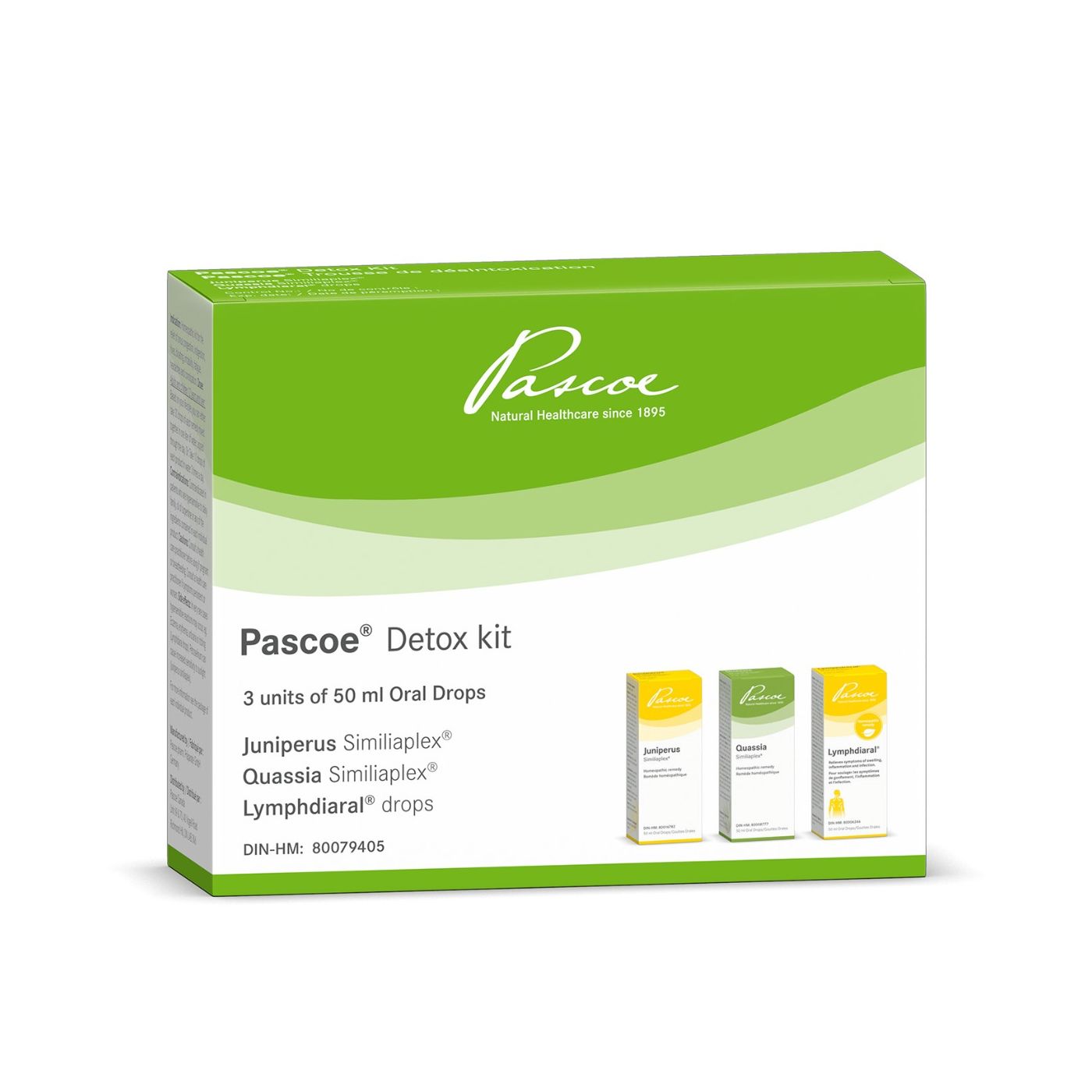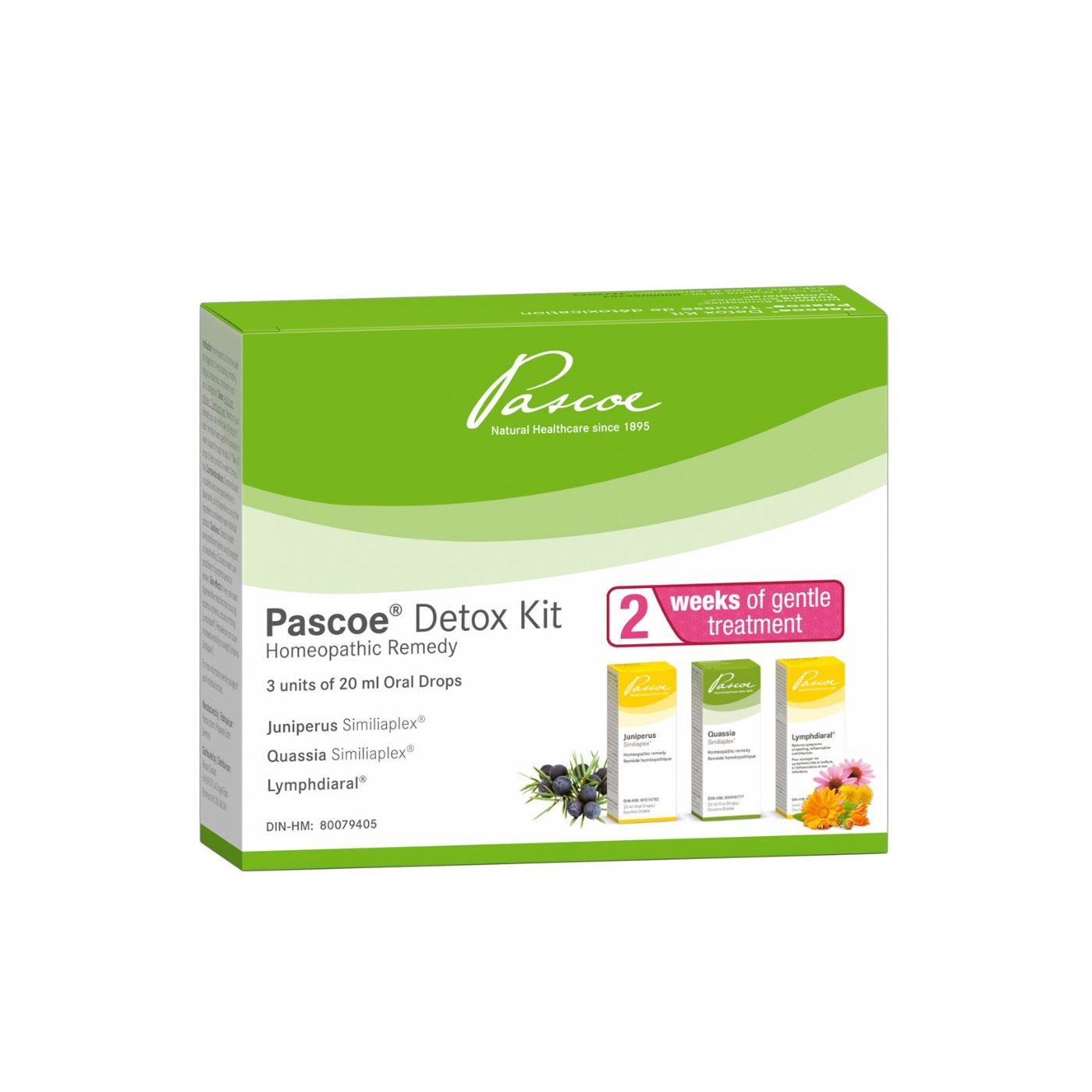

By Dr. Alexandra Sisam ND | Updated by Birgitta Kautz
These days, detox is a word that you will hear thrown around a lot. Whether people are talking about diets, products, or teas - promoting items as a “detox” or "cleanse" is one of the new trends in our society. But what does this actually mean and why is it important?
Detox is short for the term detoxification. This is our body’s natural process to remove any harmful toxins that we are exposed to. Our body’s detoxification is something that is happening constantly. It is one of the ways that our bodies stay in balance or homeostasis.
This process is the result of many of our organ systems working together to eliminate toxins. These organs include the skin, lungs, kidneys, liver, lymphatic system, and intestines just to name a few. Optimal detoxification is achieved when all of these organ systems are working effectively both on their own and as a team. Detoxing can also be called cleansing.
Today more than ever, detoxification is important due to the high levels of toxins that we are exposed to on a regular basis.
A recently published study found that the average Canadian can have as many as 53 chemicals stored in their bodies.
Examples of Toxins include
- pesticides
- chemicals and preservatives used on processed foods
- antibiotics used in meats
- chemicals used in cleaning products
- endogenous hormones
- pharmaceuticals
- drinking alcohol
- and much more
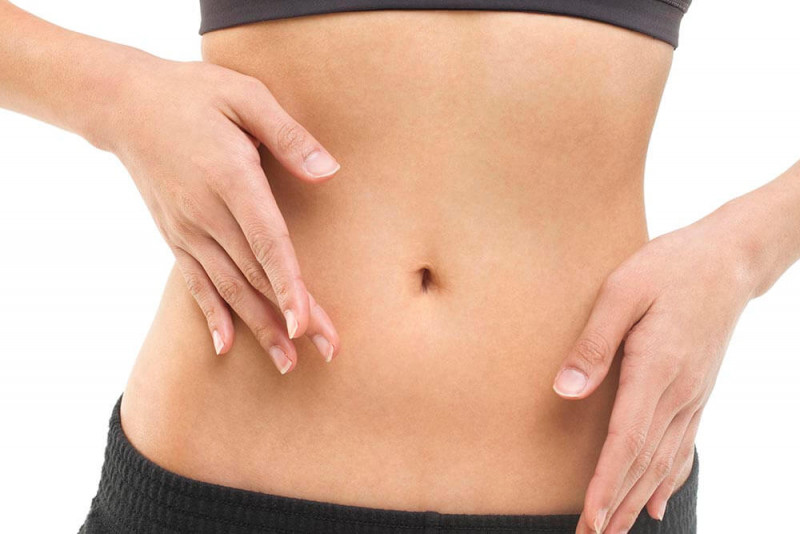

None of these things are optimal to have in our systems. That is why our body removes them using our elimination organs to keep us healthy.
Problems arise when our organ systems get overloaded and then can no longer function efficiently. This causes things to build up in our cells, tissues and organs and can result in symptoms of dysfunction or disease.
Exposure to chemicals has been linked to conditions such as cancer, infertility, asthma, ADHD, and others. That is why it is incredibly important to support our natural detox systems in case of need.
Detoxing the Right Way
When our systems get overloaded, they often need some support to improve our health. This is where certain products and detox diets can help.
How to detox our body? This is best done two-fold:
- Examine your daily toxin exposure. Then, take steps to ensure that you limit it as much as possible.
- Support your major detoxification organs. These are mainly the liver, kidney and lymphatic system.
A healthy liver neutralizes toxic substances so they can be removed via bile and the kidneys.
The kidneys allow toxic end-products to be eliminated through the urine. They help to filter our blood.
The lymphatic system deals with fluid movement inside of us. It helps to destroy invading substances or pathogens and transports and removes waste products. Moreover, it also houses part of our immune system. This makes it incredibly important for our overall health.
Signs of toxic overload can be vague and similar to those of many other conditions. If you are concerned, consult a healthcare practitioner.
Common symptoms
- chronic fatigue
- headaches
- skin issues
- digestive problems
- frequent colds
- allergies
- hormonal imbalances
- chronic pain
- inflammation


There are many ways and methods that people use to detox, from intermittent fasting to colon cleansing. However, some approaches are more gentle than others.
The main goal is to support the three main organ systems. Herbs or homeopathic products can provide gentle support to the body and its organ systems.
While herbs can work to increase the function of some organ systems, homeopathic preparations can work on an intracellular level. They can nudge individual cells to begin removing their own toxins. When individual cells start to function better, whole organ systems will benefit.
Taking a supplement is only one component, the other part of a detox program involves lifestyle factors and avoiding further chemical exposure. Exercise, movement, relaxation, and sleep are all important factors that should be optimized.
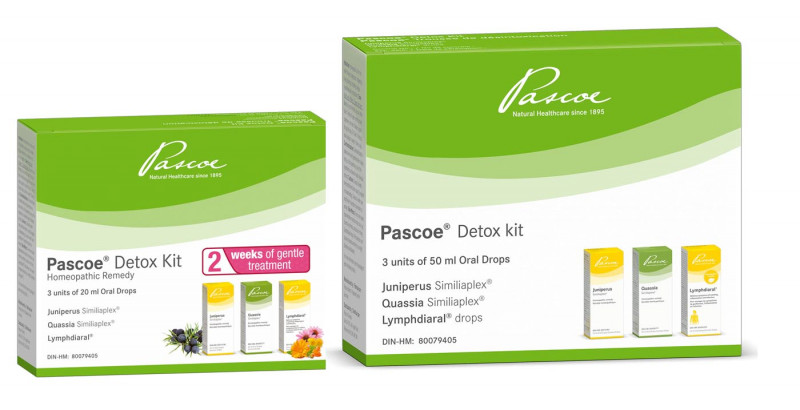

- Movement and exercise are important for promoting flow through the body and decreasing stagnation. Through movement, we can start the process of moving the lymph and then removing things we don't need.
- Balancing exercise with relaxation and sleep is also important. Removing toxins from our body can be an energy intensive process. That is why we should take the time to rest multiple times a day. This can also help to stop worrying about our jobs or our families or our stresses.
- Avoiding further exposure. This can mean tending towards organic, whole foods instead of processed foods. It can also mean avoiding certain environments or cleaning products depending on the chemical content.
- Drinking water helps to flush things through the elimination organs and it prevents unwanted chemicals from building up.
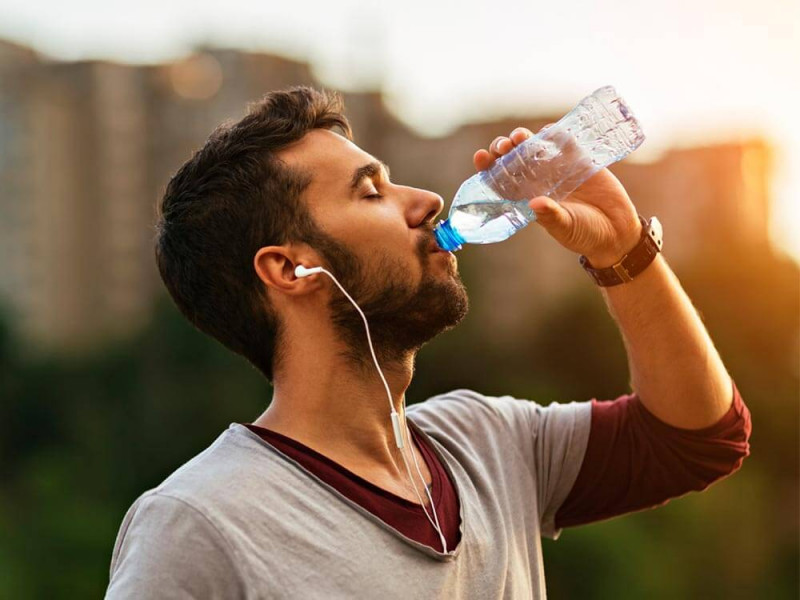

What to expect
Detoxing can be an intense process depending on the person and what is happening inside of them. Short-term, some people feel worse and experience headaches, nausea, or fatigue. However, in the long-run, removing toxins will improve overall health. It is important to nourish yourself as much as possible during this process.
How to support yourself
- Eat whole foods: fruits, vegetables, whole grains, lean proteins, and good fats such as nuts, seeds, olive oil, or avocados. The goal is not to limit the amount of food you are eating but to nourish yourself. Organic whole foods will keep your energy levels up, while introducing as few toxins as possible.
- Add in foods to support elimination organs: A glass of lemon water in the morning daily is beneficial. Also, eating detox foods daily has many health benefits. Liver detox foods such as green tea, leafy greens, or apples help to optimize liver function.
- Support digestive function: Diet changes can help support our digestion as a whole. Especially, drinking more water and decreasing the level of chemicals in the food entering our stomach. This makes it easier for our digestion to function and for our digestive system to excrete toxins instead of absorbing them.


Toxin exposure is a continual process, it is almost impossible to ever be completely free of them. This means that elimination is a continual process that we are performing to keep us happy and healthy. To care for ourselves, any cleanse to support this process, and to reduce the number of harmful substances entering us is something that could be done more than once for long-term support.
Q: What foods should I avoid during cleansing?
A: When you are on a detox diet, the goal is to nourish yourself the best way possible. This includes choosing foods that best support our elimination organs and metabolism and also decrease the introduction of new chemicals into the body.
Foods that can be classified as inflammatory, such as alcohol and caffeine, should be limited. It might also include going dairy or gluten-free to give your body a break.
Ideal foods are anti-inflammatory in nature, such as omega-3 fatty acids, extra virgin olive oil, and organic vegetables. Pay attention to ingredients in foods and avoid additives and preservatives.
Q: Does detoxing help with weight loss?
A: This process is not synonymous with weight loss. However, weight loss can be a result of a detoxification process.
As we remove toxins that have built-up, our metabolism and organ systems start to work better. This, in turn, enhances all of our natural processes including getting to a healthy weight. Detoxifying can help us return to optimal health and equilibrium which can include losing weight if that is what we need.
Q: What kind of detox should I do?
A: There are MANY different kinds of products and programs available on the market. The most important thing when deciding is listening to YOUR body and choosing one that fits YOUR needs. If you are unsure, seek medical advice from your healthcare practitioner.
One thing to be wary of is that these treatments can all be of different strengths. The stronger the product, the more likely you are to experience side effects. Always make sure to do your research before choosing. The most important thing is to make a cleanse or detox diet into a lifestyle process rather than taking a quick-fix supplement.

